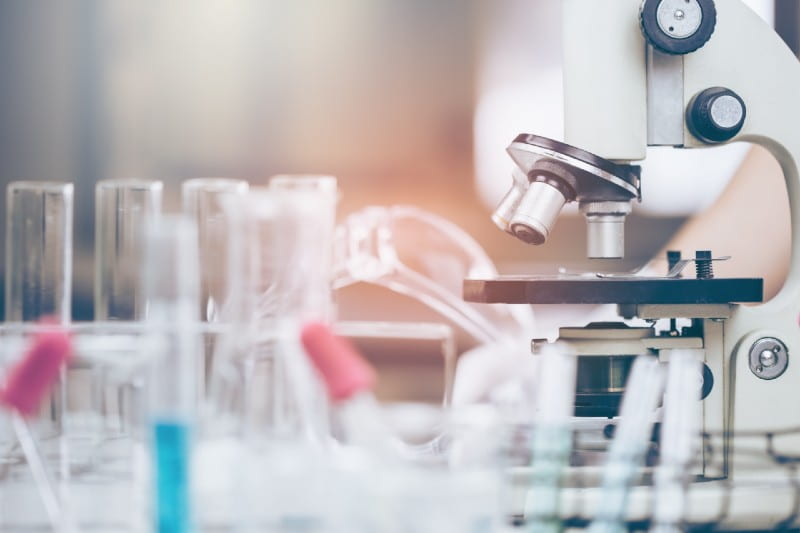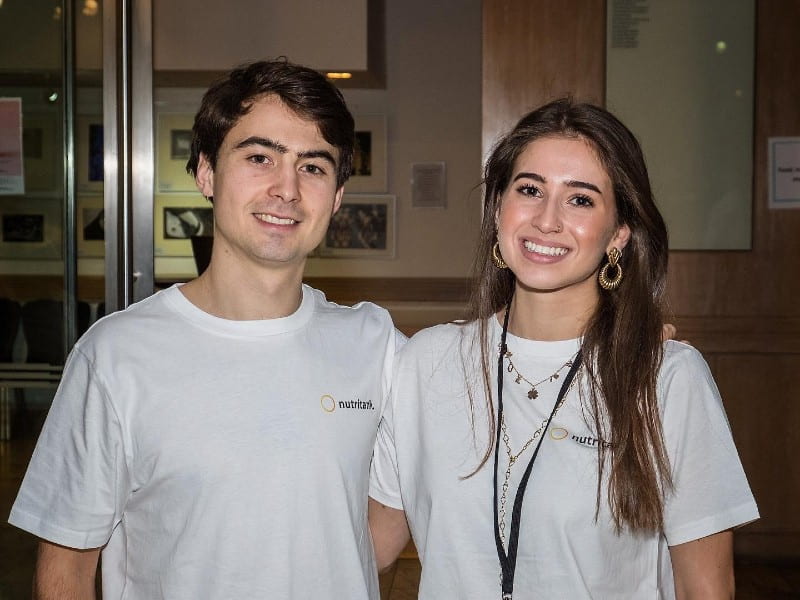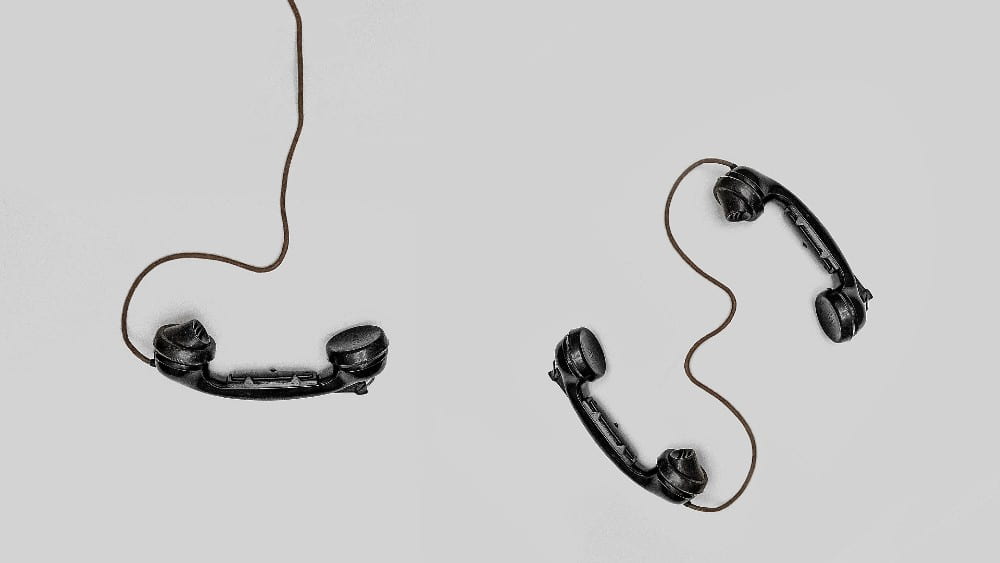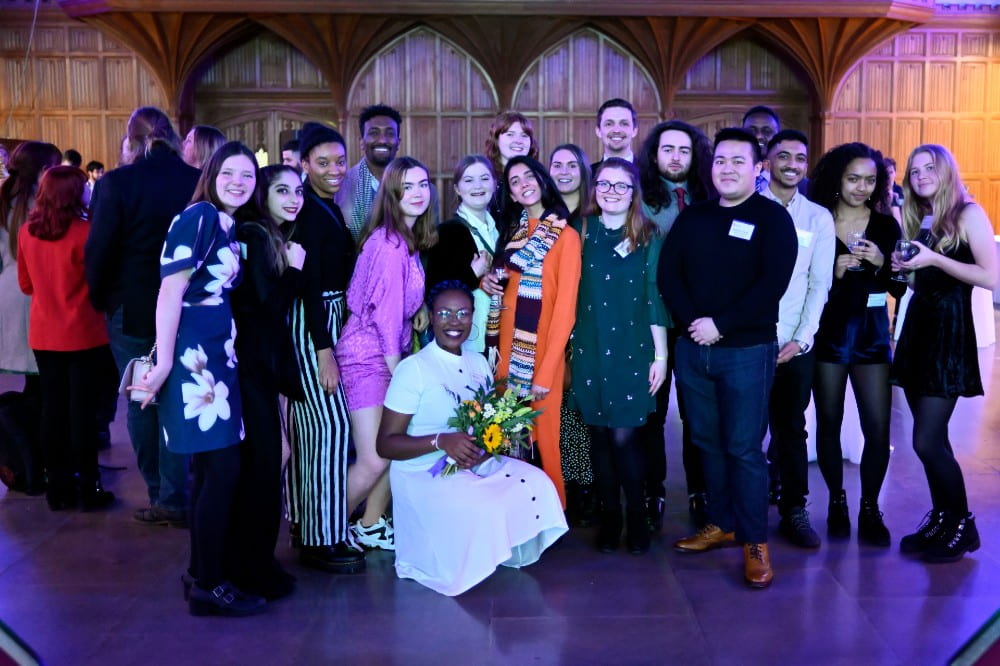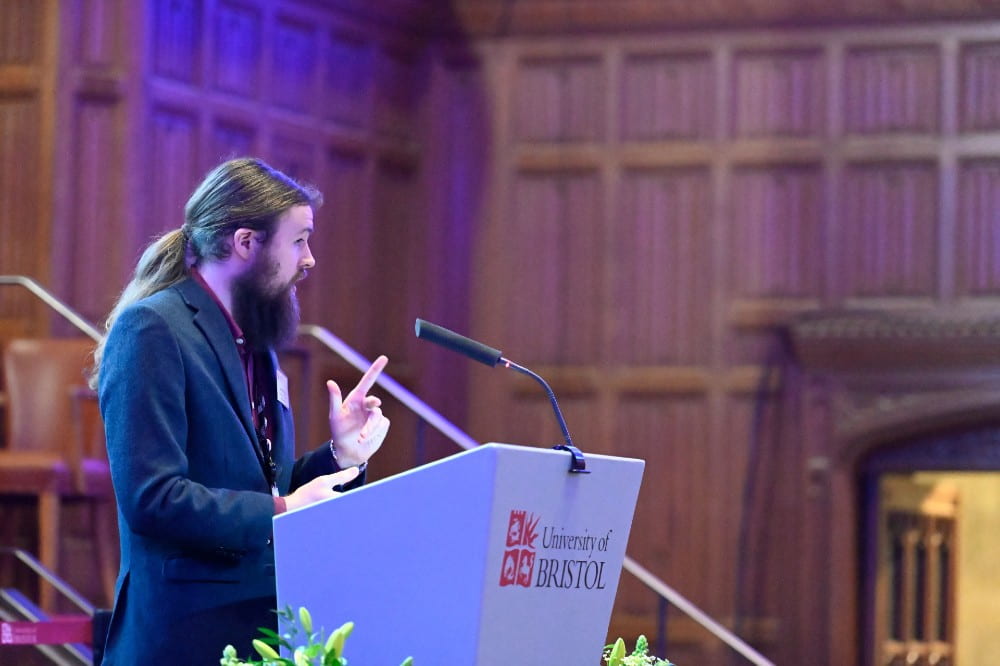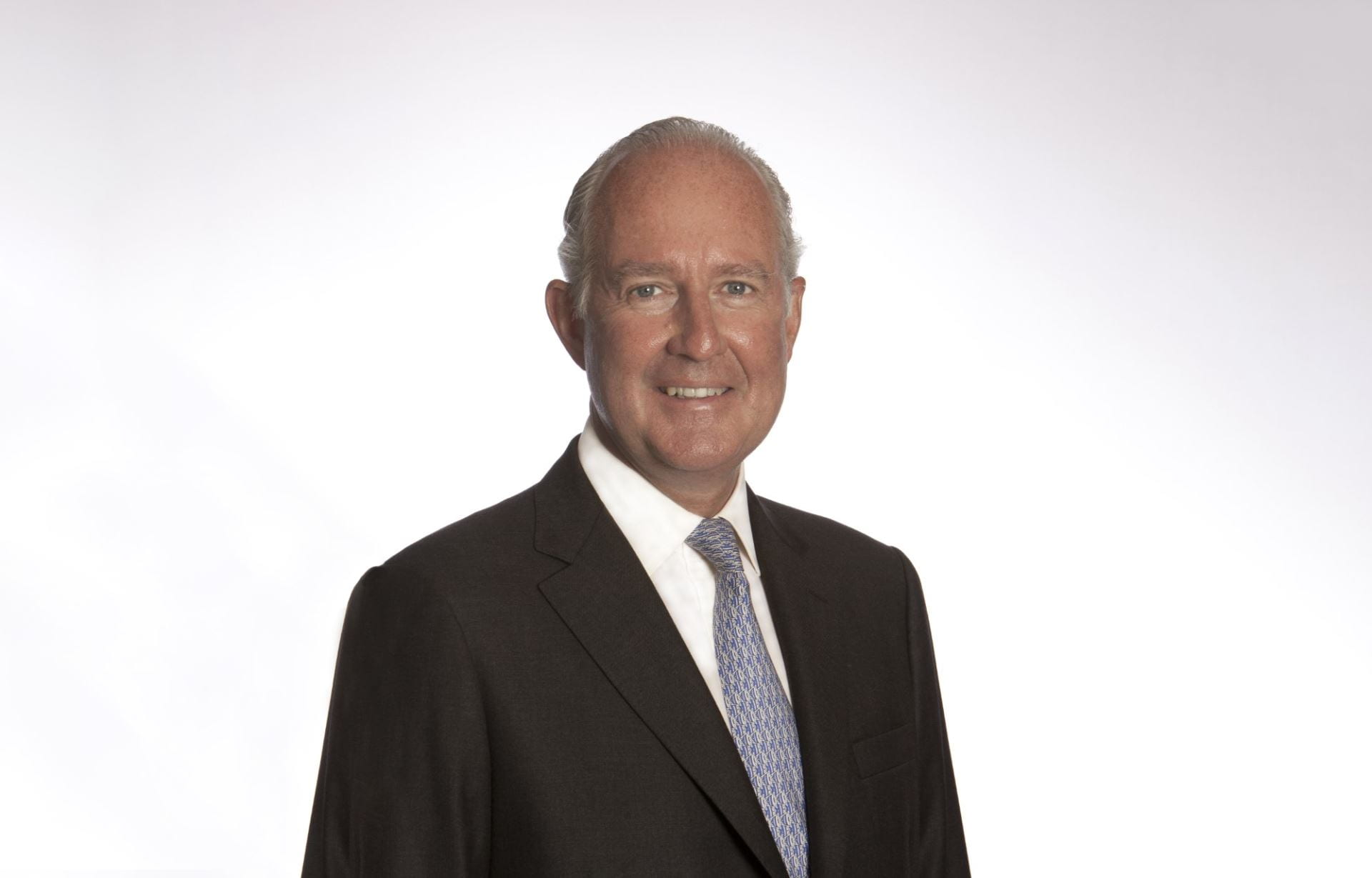Following his recent appointment as one of the University’s Pro-Chancellors, we caught up with Bristol alumnus, Alex Wilmot-Sitwell, to talk about his career trajectory, life experiences and his time at Bristol.
Alex graduated from the University with a degree in History (BA 1983) and went on to start his career in Corporate Finance at The English Trust. He moved to South Africa in 1991 and subsequently joined Robert Fleming in South Africa as a Director in Corporate Finance in 1995. He joined SBC Warburg in 1996, which later became UBS. At 37, he became Head of UK Investment Banking at UBS and moved back to London. During his time at UBS, Alex worked on some of their biggest deals, including the restructuring of Lloyds Banking. At UBS, he went on to become Global Head of Investment Banking, co-CEO of UBS Investment Bank and finally CEO of UBS AG in APAC. He served on the Group Executive Board at UBS AG. In 2012 he joined Bank of America Merrill Lynch as the President of their business in Europe, Middle East and Africa. Today, Alex is a Partner at Perella Weinberg Partners’ advisory business based in London, having joined in September 2018. He has regularly been ranked as one of the 100 most influential people in the City.
Alex was a Vice President of Save the Children UK from 2008 – 2014 and a member of the University of Bristol Centenary Campaign Board from 2009 – 2014. He was also on the Advisory Board of The Sutton Trust until 2018. Today he serves on the Advisory Board of the National Theatre.
What attracted you to study at the University of Bristol?
Then, as now, Bristol stood out for me as a university with real depth and breadth and as an institution which had quality and respect right across the board.
What is your fondest memory from your time at Bristol?
Without a doubt it’s the friendships that I made there. To this day I still have those strong networks around me that have stood the test of time. I also loved the city, especially Clifton for its architecture and the splendours of the Suspension Bridge across the gorge. And you can’t beat the Downs for a breath of fresh air. It’s just such a beautiful city, I loved studying there.
One of your sons also graduated from Bristol – have you spoken about the differences and similarities you both experienced while studying here, and can you tell us about them?
Yes, my son Ben graduated in 2018. Since my time as an undergraduate the University has changed a lot, not least by doubling in size, but I think the city remains an amazing place to be. Like me, Ben has left university with a strong group of incredible lifelong friends. In fact, my niece is also currently studying at Bristol and she too loves the vibrancy of the city and the friends that she’s making there.
What is the best career advice that you have ever been given?
My father used to remind me that ‘the cemeteries of the world are full of indispensable people’ and this has stuck with me. There can be a tendency, especially when you reach very senior management positions, to talk yourself into thinking that you are indispensable and always right. No-one is either of those things. You can’t take yourself too seriously. If I had to give career advice, I would say that life and careers are never linear. Sometimes you have to go backwards in order to go forwards and we shouldn’t be afraid of that.
What’s been the proudest moment of your career to date?
Becoming Chief Executive of UBS Investment Bank in 2009, only 12 years after I restarted my career. To be frank, I was a late starter. I went off on some entrepreneurial tangents which didn’t quite work out. I only went into banking properly in 1995, at the age of 34, which is quite old for mainstream banking! I had tried various things before that, including living and working in South Africa through interesting and difficult times, so to get to that point after some false attempts makes me quite proud.
As a history graduate, what do you feel we can learn from history? In today’s political landscape do you think we are in danger of ignoring previous lessons?
I think it’s quite foolish to overlook historic patterns and precedents as things do tend to repeat themselves. I believe in always looking forward, but we must remember that we can learn a lot from historical events, which can improve knowledge and decision-making in judgements about the future. It can prove dangerous to ignore what history can teach us.
As someone who is passionate about the arts, can you tell us about a recent performance, exhibition or work of literature that’s moved you and why?
I’ve just finished reading Jack Fairweather’s phenomenal book The Volunteer, about a Polish resistance hero who voluntarily got himself sent to Auschwitz where he built a resistance movement. It’s a harrowing but brave story of survival, selflessness and putting others before yourself.
My wife and I have also just seen Sir Tom Stoppard’s play Leopoldstadt, set among a Jewish family in Vienna across six decades, where many of the family were sent to Auschwitz. This year is the 75th anniversary of the ending of World War Two and the Holocaust is highly relevant today in terms of a real threat to tolerance, the rise of extreme right-wing politics, nationalism, Islamophobia and Anti-Semitism. It’s a stark reminder of how appalling and dangerous populism and intolerance are, and how we should celebrate and protect an open and tolerant society.
As one of the newly appointed Pro-Chancellors, what are your ambitions for the University of Bristol in the future?
Bristol has a tremendous opportunity to be innovative. The Temple Quarter Enterprise Campus development is very exciting, joining up different areas of Bristol and becoming a world-leading centre for science and technology. Likewise, the changes to the Clifton campus, including the new library will be hugely positive. I see them as a centre, a gathering point at the heart of the University.
Universities generally are facing unprecedented challenges right now; financial, social and sustainability. Managing universities in the UK in an era where free movement of people – students, researchers, academics, teachers – is due to be restricted is another challenge. Bristol has an opportunity now to be a thought leader. Universities need to change and evolve in order to meet student requirements. Our graduates will end up doing jobs that haven’t even been invented yet. Bristol needs to be at the forefront of innovative thinking in order to excel in this space.
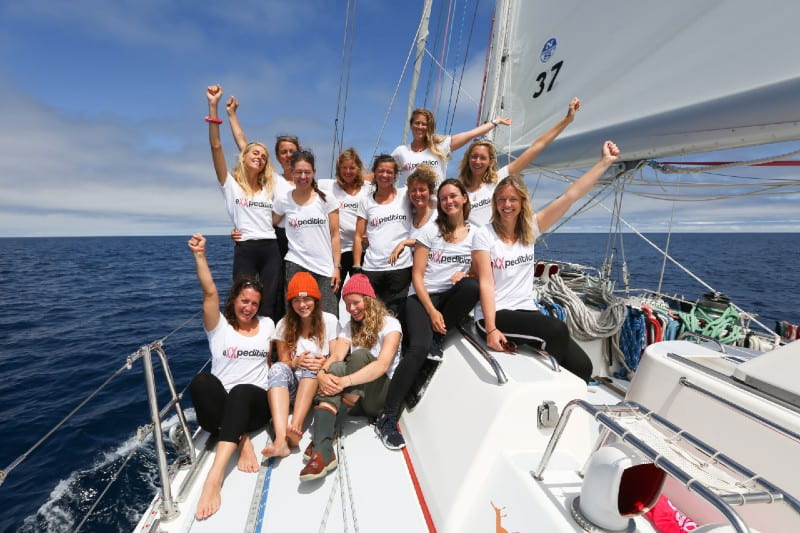 Image credit: Eleanor Church, Lark Rise Pictures – eXXpedition North Pacific Leg 1 Hawaii to Vancouver
Image credit: Eleanor Church, Lark Rise Pictures – eXXpedition North Pacific Leg 1 Hawaii to Vancouver


